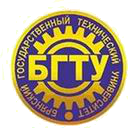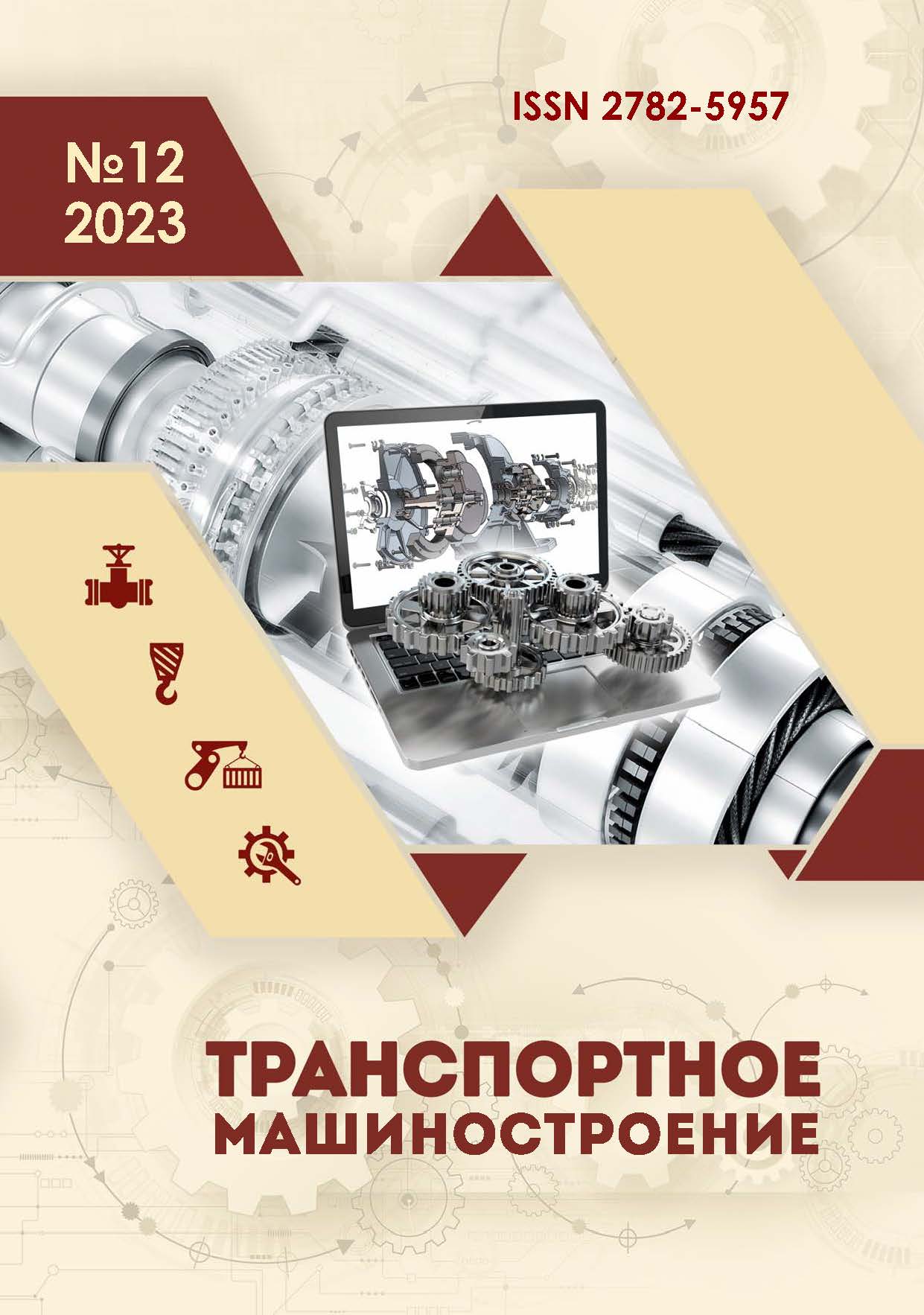Ufa, Ufa, Russian Federation
Ufa, Ufa, Russian Federation
Ufa, Ufa, Russian Federation
Ufa, Ufa, Russian Federation
Ufa, Ufa, Russian Federation
UDK 629.5.018.2 Лабораторное оборудование и приборы для проведения экспериментов и испытаний
BBK 344 Общее машиностроение. Машиноведение
The study objective is to increase the information value, accuracy and reliability of the experimental assessment results of extreme pressure and antifriction properties of the tested materials. A brief analysis of the work on the creation of test tribo-technical equipment is given. The difference between the designs of friction machines for testing using Reichert and Timken tests is shown. The design of an upgraded friction machine for determining extreme pressure, antifriction and anti-wear properties of lubricants is presented. In the proposed installation, the radial force on the friction unit ("roller - ring" or "bar – ring") is generated by a mechanism of even loading, and the assessment of extreme pressure lubricants is determined at the moment of gripping the rubbing samples, at which the motor shaft stops. As a result of upgrading the machine, it became possible to measure the friction force, the normal load and to read the friction factor, both for the lubricants under study and for friction pairs consisting of structural and instrumental materials. The results of comparative tests on the upgraded friction machine for lubricating and cooling liquids with different contents of extreme pressure, antifriction and anti-wear additives are presented. A new friction machine design based on Reichert machine is developed, which allows testing structural and lubricating materials for friction and wear using both Reichert and Timken tests. At the same time, the accuracy of determining tribo-engineering characteristics of the tested materials is increased. It is found that as a result of equipping the friction machine with an even loading system and force measuring sensors, it becomes possible to determine extreme pressure and anti-friction properties of lubricants and structural materials, as well as to estimate the value of the friction factor.
installation, properties, force measuring sensor, mechanism, loading, load, seizure, friction factor
1. Chichinadze AV. Lubricants, lubrication techniques, sliding and rolling bearings. Moscow: Mashinostroenie; 1990.
2. Frolov KV, editor. Modern tribology. Results and prospects. Mosow: LKI Publishing House; 2008.
3. Kombalov VS. Methods and means of testing for friction and wear of structural and lubricating materials: handbook. Moscow: Mashinostroenie; 2008.
4. Shapovalov VV, Sladkovsky A, Erkenov ACh. Actual problems of modern tribo-engineering and ways to solve them. BMSTU Journal of Mechanical Engineering. 2015;1(658):64-75.
5. Ibatullin ID, Zhuravlev AN, Utyankin AV, Gallyamov AR, Neyaglov RR. Test bench and methods of tribo-engineering tests of materials. Vestnik of Samara University. Aerospace and Mechanical Engineering. 2011;3-1(27):218-223.
6. Fedorov SV. Structural-energy interpretation of tribosystem. Friction and Wear. 2021;42(2):186-195.
7. Abramov AN, Tyulenev DG, Sholom VYu, Puzyrkov DF. A set of testing methods for lubricants used in metalworking processes. Proceedings of the XII All-Russian Congress on Fundamental Problems of Theoretical and Applied Mechanics, 2019; Ufa: RITS BashGU; 2019.
8. Sholom, VYu, Zhernakov VS, Abramov AN. Research methodology on tribo-engineering characteristics and selection of lubricants for cold metal working by pressure. Forging and Stamping Production. Material Working by Pressure. 2016;4:10-15.
9. Tests by Reichert method: website of company Modengy [Internet]. Bryansk: 2023. Available from: https://modengy.ru/about /.
10. Belov IB, Sholom VYu, Abramov AN. ROSOIL lubricants. Proceedings of the XII All-Russian Congress on Fundamental Problems of Theoretical and Applied Mechanics, 2019; Ufa: RITS BashGU; 2019.





